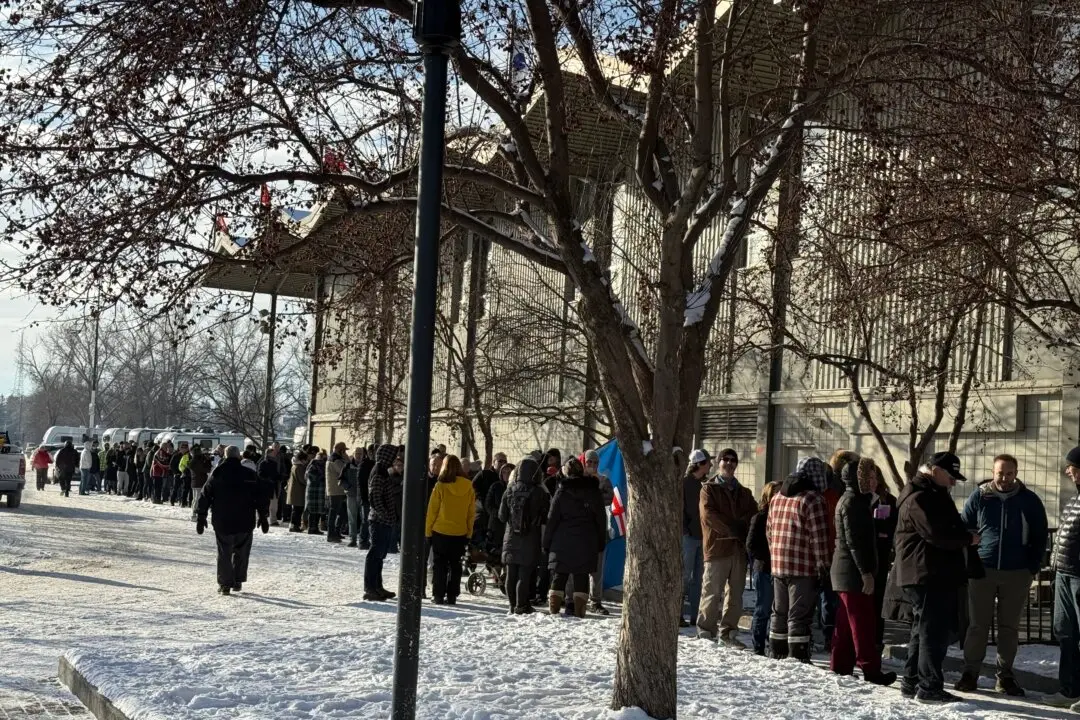Commentary
The debate launched by Alberta’s release of a report on forming a provincial pension plan is already heated, and it should be. If Alberta pulls out of the Canadian Pension Plan (CPP), Canada’s remaining provinces will assuredly see an increase in contribution rates and possibly a decline in benefits.





